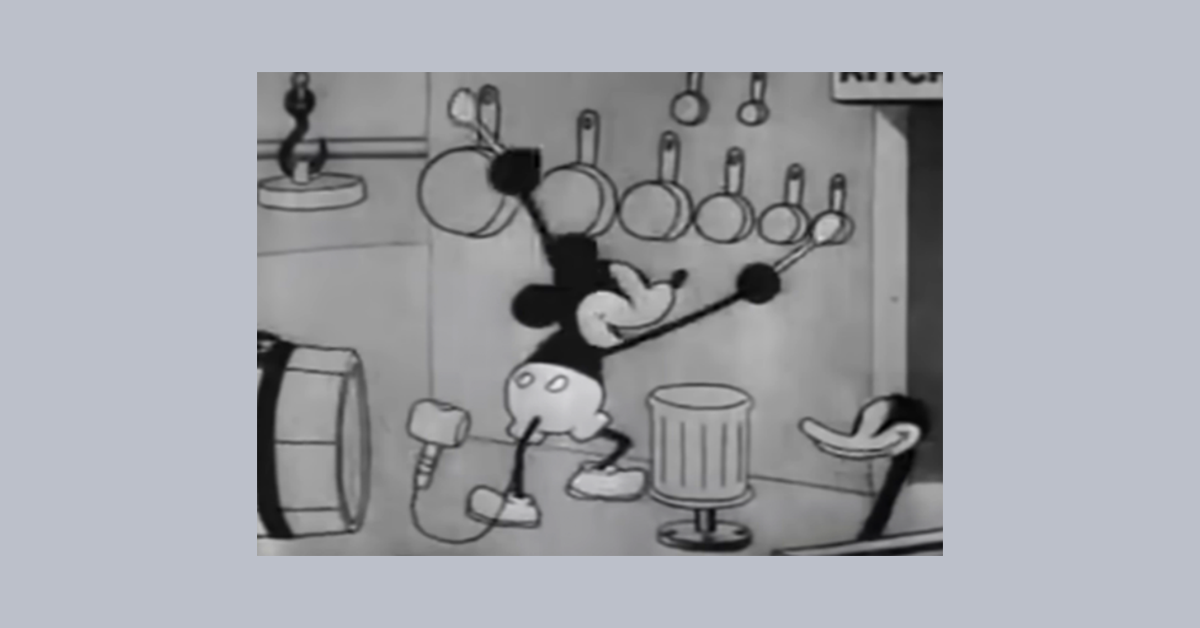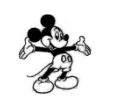
18 Jan Mickey Mouse and Copyright
Copyright is limited in time. In Spain, and in most European countries, generally the duration of the copyright of a work is the life of the author plus seventy years after his death. When the term of protection of rights has expired, the work or performance enters the public domain and can be used by anyone, freely and without having to pay any royalty.
Every year, creative works cease to be protected by copyright and are “freed”. This happens with literary works, films, art and music. Lately, there has been a lot of talk in the press about the fact that in January 2024 the copyright on the first film featuring Mickey Mouse, created on 1 October 1928, will expire. This is the short film Steamboat Willie, which was released in Broadway on 18 November 1928.
But does this mean that all versions of the character will enter public domain, and will anyone be free to use them? First of all, it is important to note that only the copyright to the film Steamboat Willie will expire and, as a result, only the version of Mickey Mouse that appears in that film will enter the public domain, but not the rest. Moreover, we should bear in mind that there are ways of extending the exclusive rights to cartoon characters.
How can these rights be extended on characters that bring in millions in profits, not only as stars of films and books, but also in the merchandising business? Before the copyright passes into the public domain, the figure or drawing of the character, with its most iconic and characteristic features, is registered as a trademark, and in this way, the exclusive right of use can be maintained as long as desired, since trademarks can be renewed indefinitely.
Therefore, the Disney studios, as owners of registered trademarks on the Mickey Mouse character, such as


EU Trademark No. 003332913 EU Trademark No. 003335981
covering a wide variety of products and services, will be able to prevent any of us from marketing, for example, a T-shirt on which an image of Mickey Mouse is printed. The question arises: can they prohibit use of any copyright-free depiction of the popular mouse or only that (or those) which corresponds to the form in which it is registered as a trademark? It will depend on the specific context and the limits set by trademark law, practice and case law in each jurisdiction.



